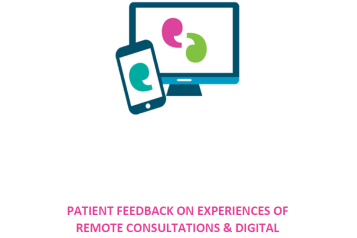Fall in patient satisfaction with GPs

The GP Patient Survey published today has found that overall satisfaction with GP services is 72%, down nine per cent in one year.
Problems accessing support
There has also been a significant fall in people saying they had a good experience booking a GP appointment. The research found that:
- 56% reported a good experience of making an appointment (down from 71%);
- 72% were satisfied with the appointment they were offered (down from 82%);
- 51% had an appointment at a time they wanted or sooner (down from 59%); and
- 53% found it easy to get through to the practice by phone (down from 68%).
More people avoid making an appointment
The survey also found that 55% of people said they had avoided making a GP appointment, up 13% over the past year.
Common reasons patients gave for not making an appointment included:
- 26% found it too difficult (up from 11%);
- 20% were worried about being a burden on the NHS (same as last year); and
- 12% were worried about COVID-19 (up from 11%).
We’re worried by the increase in the number of people avoiding GP appointments.
Healthwatch England's response
Healthwatch England's national director, Louise Ansari, said:
“These findings reflect our own data, which shows that people are still struggling to get a GP appointment or getting through to their local practice. As a result, people’s satisfaction with GP services is at a record low.
"We’re particularly worried by the increase in the number of people avoiding GP appointments. This can have a significant impact on people’s long term health and can lead to increased demand elsewhere in the NHS, such as A&E.
"People should be able to access their GP in a way that meets their particular needs and have the flexibility of choosing the type of appointment that suits them best for different conditions, at different times in their life, whether it be face to face or via a remote method. We also know that where it is appropriate, people are happy to see other professionals in GP surgeries, such as nurses, pharmacists and other roles.
"As NHS England moves forward to support practices following the Fuller report, it’s crucial that people are aware of the different professionals who provide support, how teams work together and how roles are supervised.”


